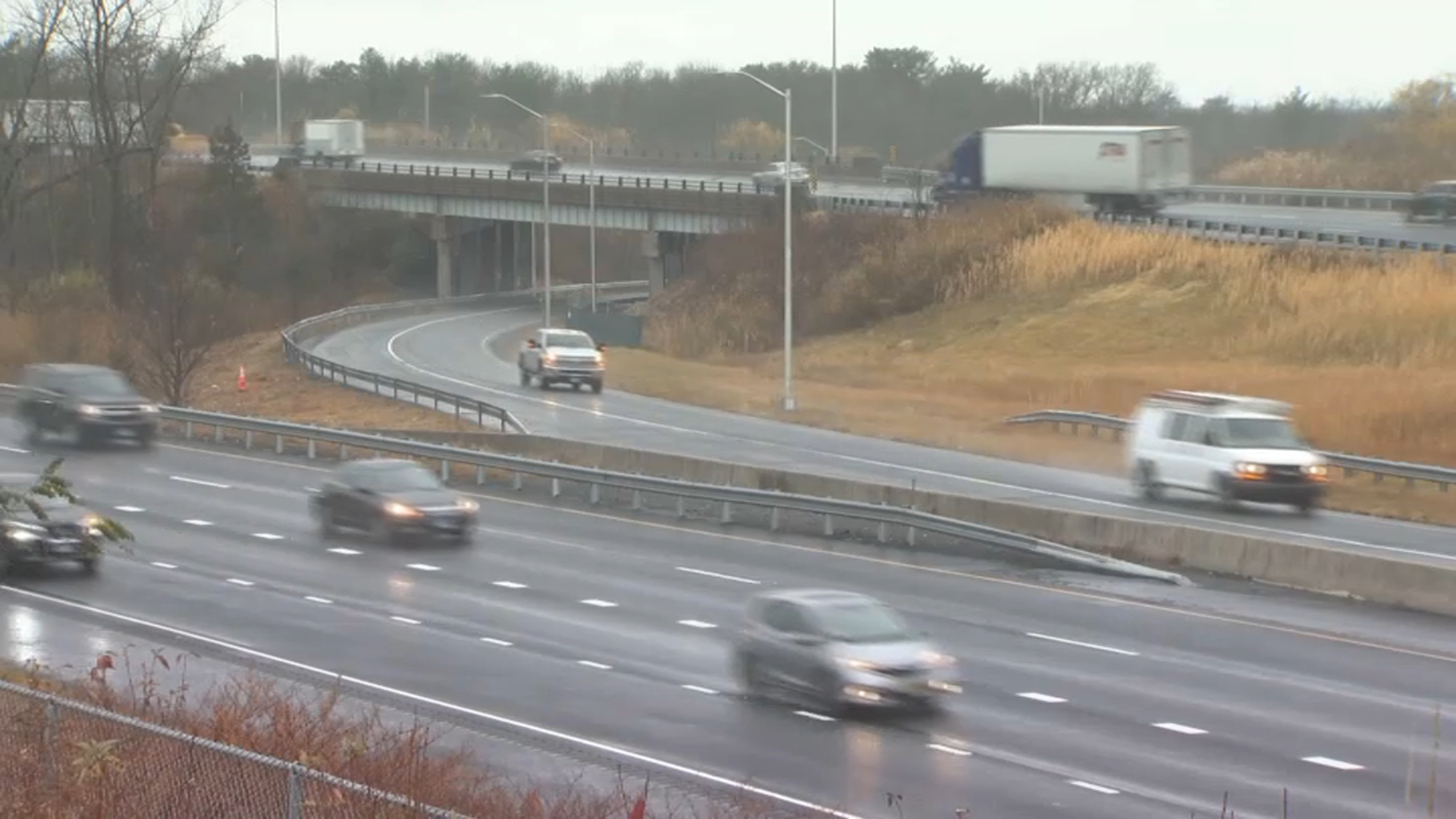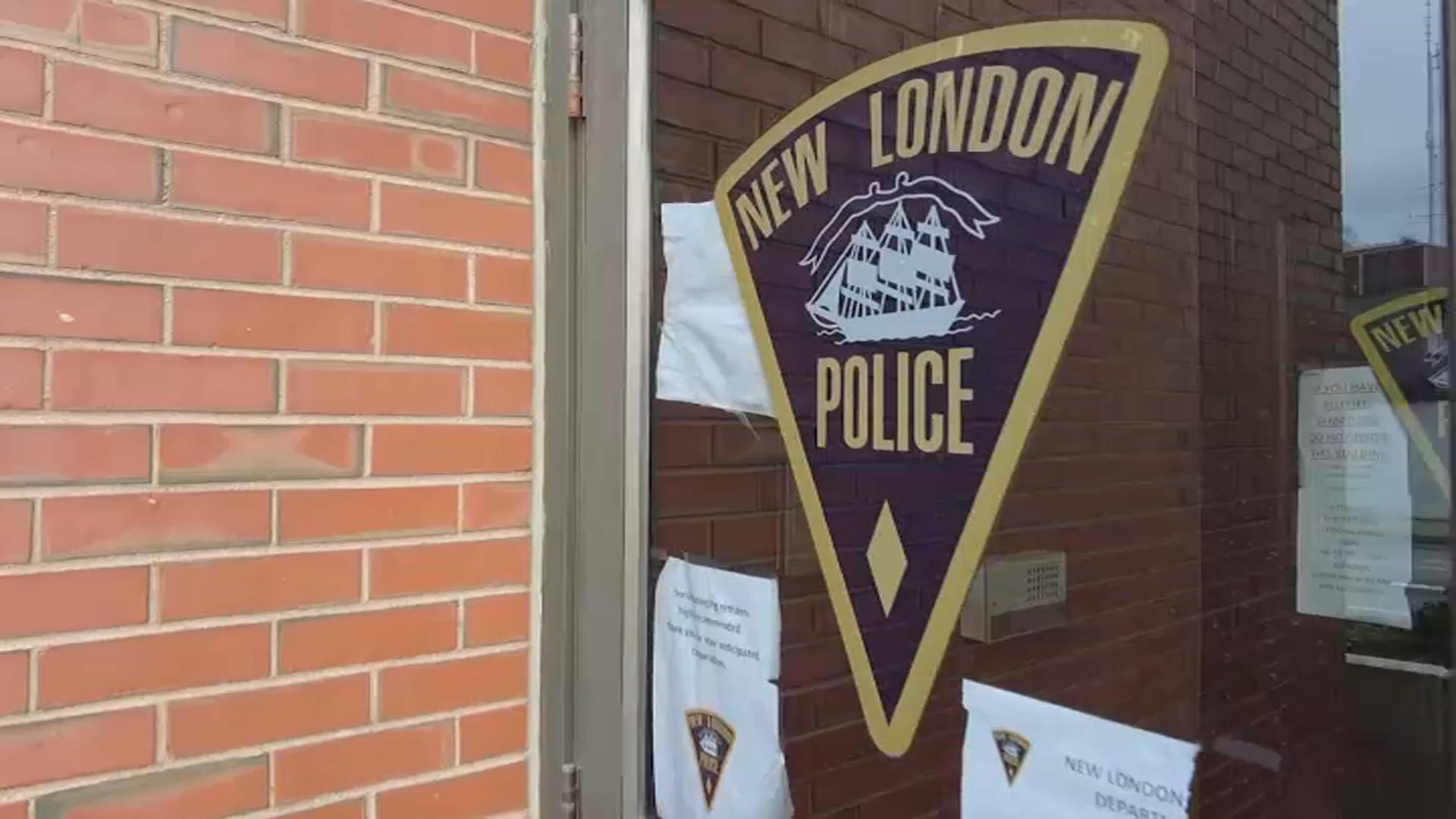For weeks, fears of even greater uncontrolled community spread of COVID due to holiday gatherings became part of our daily conversation in Connecticut.
The post-Thanksgiving and post-Christmas bumps in our state’s coronavirus positivity rate seemed to bear out those concerns.
Now everyone is waiting to see what the New Year’s Eve celebrations bring in terms of more COVID cases.
Doctor James Cardon is the chief clinical integration officer with Hartford HealthCare. He has helped oversee its statewide COVID testing efforts.
Cardon said he believes while Connecticut has done a pretty good job navigating COVID during the holidays, our state’s recently rising nine percent positivity rate could go even higher.
“We anticipate it’s going to increase. But we have hope that we will maintain our ability to meet the demand here,” Cardon said.
The post-New Year’s Eve outlook on COVID in Connecticut has been slightly more optimistic from Dr. Michael Urban at the University of New Haven, but not much.
Local
“I probably would say we either stay at nine percent, hopefully, we don’t go up higher. I would love to see us go down," Urban said.
Urban said he believes enough people kept it lowkey on New Year’s Eve to keep positivity rates from going up more.
Jose Casanova of New Britain said he did.
“We just stayed home with my family. We made a nice chicken soup. Stay home. Put my daughter to sleep early and spend some time with my wife," Casanova said.
Deb Jones of New Britain said it was eerily quiet on New Year’s Eve.
“We went early to dinner somewhere and we were the only people in the restaurant. I think a lot of people just decided to stay home yesterday, hopefully, that will help," Jones said.
With the holidays and the COVID risks, they present mostly out of the way now, one of the next big challenges: the weather.
Connecticut had a relatively mild winter last year, something that allowed people to be outside longer as COVID bore down on our state.
With New Year’s Day temperatures in the mid to upper 30’s, Yuki Zhao and his family took advantage and fed the ducks a late morning breakfast at Stanley Quarter Park in New Britain.
“If we stay at home forever, it’s unhealthy, of course. So we have to go outside and take a walk, it’s necessary,” Zhao said.
This year, we may not be as lucky.
As of now, NBC Connecticut Meteorologist Josh Cingranelli said the next few months will have slightly above average temperatures. But that doesn’t mean there still won’t be some very cold days.
It’s how many of those very cold days could be a factor with COVID.
Even if temperatures are lower this winter, just 10 degrees on average, it could make our fight against COVID that much harder, said Urban, program director for the doctorate of occupational therapy program at the University of New Haven.
“If it gets colder and we get one of our more typical winters up here in New England, that’s where I’d be more concerned for COVID, that’s the reason that’s going to force people inside," Urban said.
Jones said she knows the cold dark months of winter have just begun, but she said she will stay positive.
“Hopefully with the vaccine on its way and everything, we’re going to be doing better,” Jones said.



